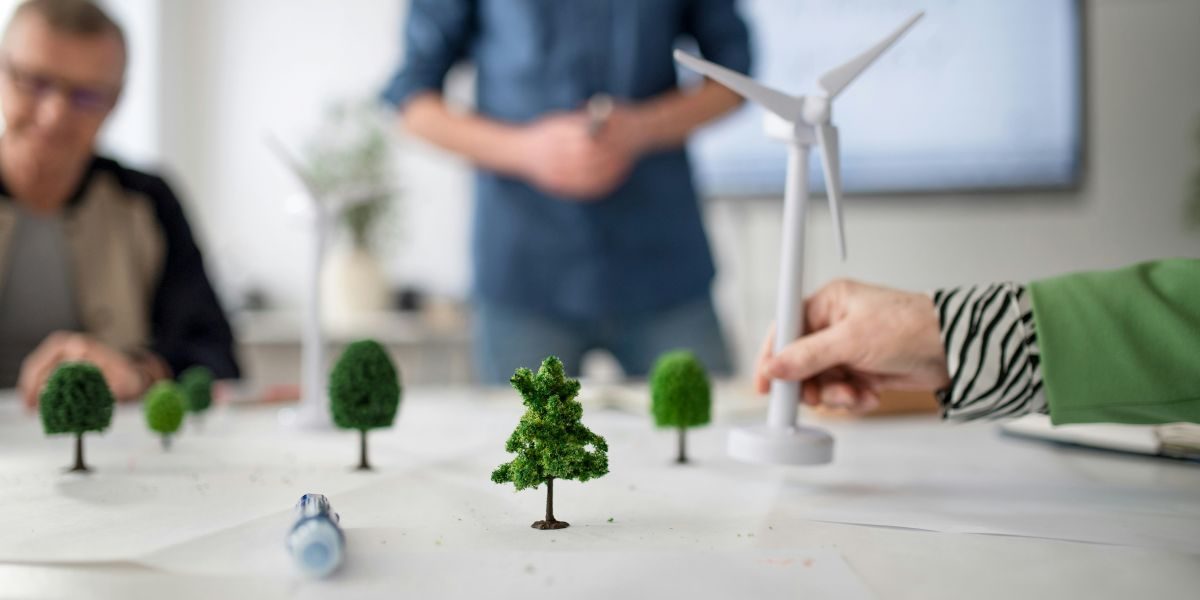The intersection of energy policy and sustainable engineering has increasingly become a key area of focus in the 21st century. With the ongoing impacts of climate change and the rising demands for energy, there is a growing interest in innovative solutions that can support sustainability while addressing the challenges of urbanization. This challenge calls for the integration of renewable energy technologies, resilient infrastructure, and forward-thinking policies, which has led to collaboration among engineers, policymakers, and international organizations. KR Rao is widely regarded as a significant figure in these areas, with a career marked by contributions to global energy policy and sustainable engineering practices.
Rao’s work, spanning several decades, reflects his ongoing commitment to environmental protection and energy efficiency. His involvement in various international energy forums has highlighted his role in shaping discussions on renewable energy and sustainable development. As a prominent participant in these dialogues, Rao has contributed to discussions on energy transitions and sustainable urban planning at global energy forums.
Starting his career in the 1970s, Rao established himself as an advocate for energy policy reforms. With his technical expertise in mechanical and nuclear engineering, he was able to address the complexities of energy systems and advocate for policies that prioritize renewable energy sources. In 1986, Rao presented a paper at symposiums emphasizing the need for global collaboration in adopting clean energy technologies.
Throughout the 1990s, Rao worked closely with governmental and nongovernmental organizations to promote energy-saving solutions. His advisory positions underscored his ability to translate technical expertise into policy-making. Contributions include not only policy advocacy but also practical solutions to engineering challenges. His work on resilient urban and regional development has helped address some of the pressing challenges posed by urbanization and climate change. The integration of renewable energy systems with urban infrastructure has demonstrated that sustainable cities are attainable, with evidence from Rao’s projects in Europe and Asia highlighting the potential for collaboration between urban planners and energy-efficient technologies.

Rao’s 800-page book, Energy and Power Generation Handbook – Established and Emerging Technologies, published in 2011 by the American Society of Mechanical Engineers (ASME), remains a comprehensive resource covering various types of energy and power generation. The importance of interdisciplinary approaches, bringing together engineering innovations with policy frameworks for sustainability, is a central theme in the book. This synthesis of various perspectives is evident in Rao’s ability to communicate complex ideas to policymakers and stakeholders in ways that are accessible and actionable.
He has been a longstanding advocate for renewable energy adoption, emphasizing the role of solar and wind energy in reducing greenhouse gas emissions. Rao’s 2019 2,000-page, 2-volume Springer publications outlined the economic, political, and environmental benefits of shifting toward renewable energy. Some of his recommendations have contributed to shaping energy policies in various countries, playing a role in the global movement toward more sustainable energy practices.
Rao’s work with academic institutions and professional organizations further underscores his influence. As a member of ASME since the 1980s, he has been involved in promoting environmentally friendly engineering solutions. His leadership role in ASME’s energy division has facilitated collaboration between engineers and policymakers, working toward the common goal of sustainability.
In more recent years, Rao has also focused on resilient metropolitan development. Recognizing the vulnerabilities of urban areas to climate change-related risks, he has worked to integrate resilience into urban planning strategies. His participation in the 2018 Resilient Cities Congress highlighted the role of engineering in designing adaptable, sustainable urban spaces. Through collaborations with the Rockefeller Foundation and the Global Covenant of Mayors, Rao has contributed to global initiatives aimed at enhancing the resilience of cities.
Characterizing Rao’s contributions to energy policy and sustainable development reveals his holistic approach, integrating technical expertise with policy advocacy. His understanding of complex systems and ability to synthesize interdisciplinary perspectives have made him a notable figure in both engineering and policy communities.
Rao’s work underscores the importance of innovative and collaborative approaches as the world faces the challenges of energy transitions and urbanization. His career highlights the vital role engineers play in addressing global challenges and emphasizes the continued need for efforts to promote sustainability and resilience in an increasingly complex world.
Published by Jeremy S.









